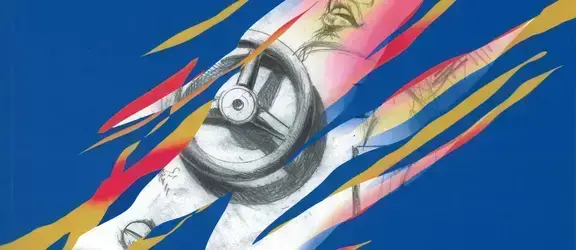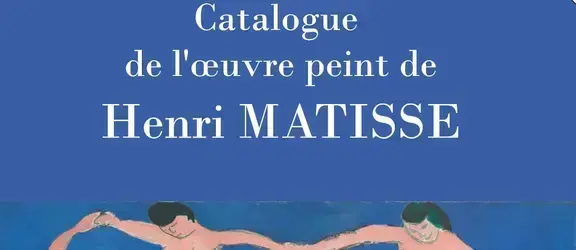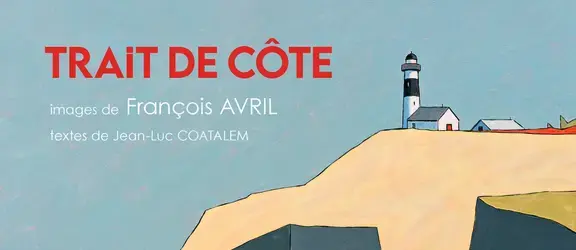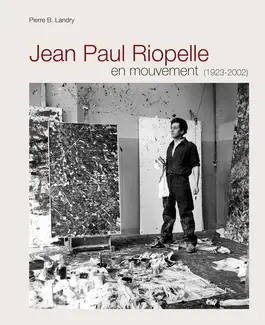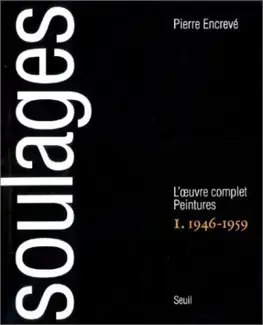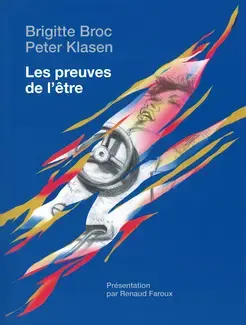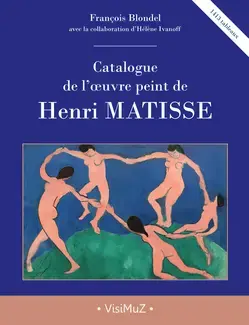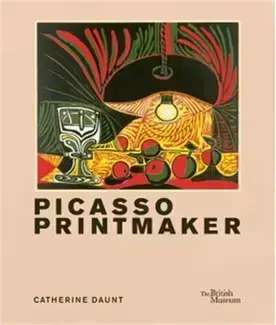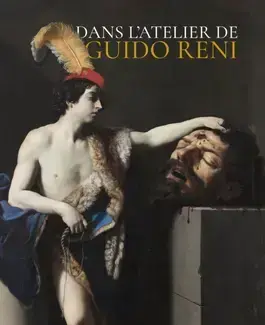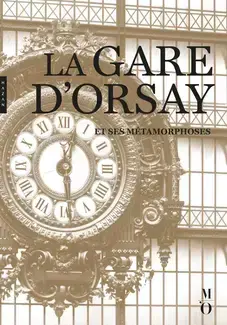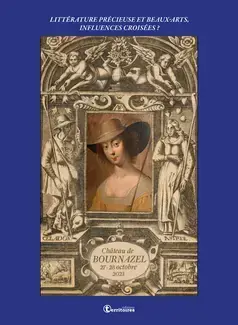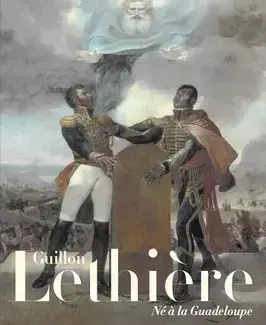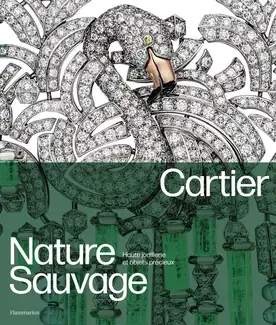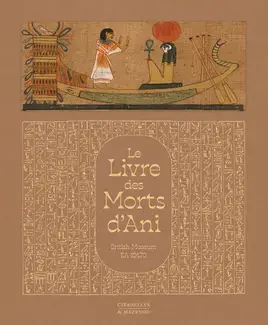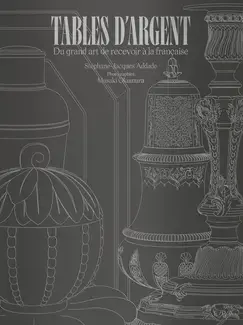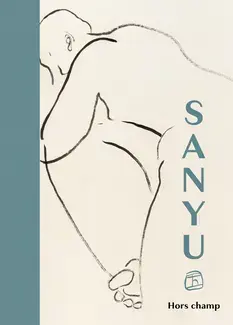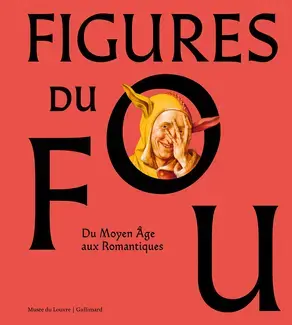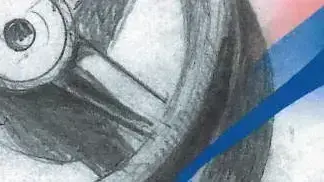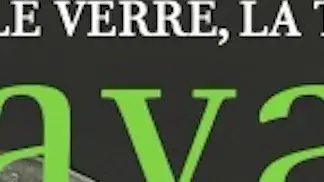 Home
Home
Librairie Lardanchet Paris
Navigation principale
Menu du compte de l'utilisateur
- My account
Breadcrumb
- Home
- Art books sections
- Painting
- Modern painting and contemporary art

Degottex: Du Lyrisme À La Matière
Auteur(s) : Michel Gauthier
In around forty years, the painting of Jean Degottex (1918-1988) moved from lyrical abstraction, of which he was a major figure, to an analytical and processual radicalism that made it close to the pictorial avant-garde that emerged at the end of the 1960s and asserted itself in the following decade.
In 1955, the artist's painting became an issue for André Breton, who saw in it a possible abstract outcome to automatism in painting. This attempt to affiliate lyrical abstraction with Surrealism was achieved by engaging Degottex's work in a relationship with the Far East and Zen Buddhism.
This monograph, the first of its kind devoted to Degottex, reveals the true dimension of the work of this major figure of abstraction.



sécurisé

mondiale

& conseils

& collecte en magasin
We also
recommend













Bookshop
New book new









Bookshop
Favorites










Titre





